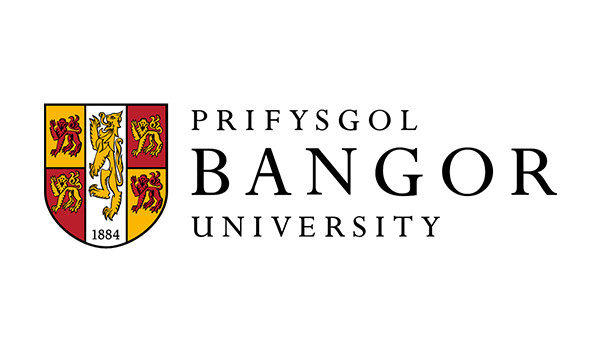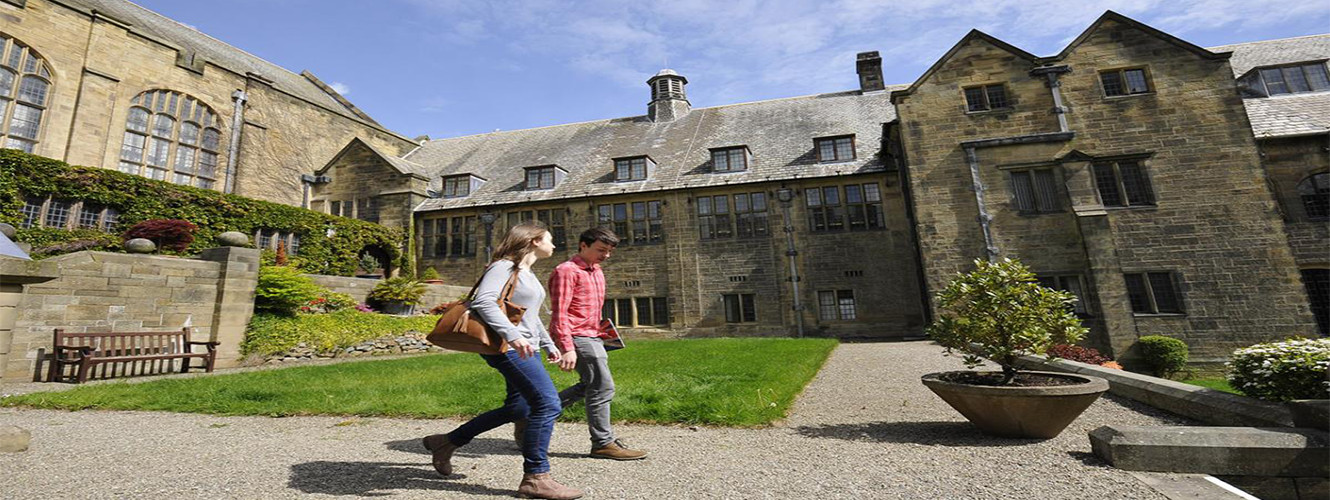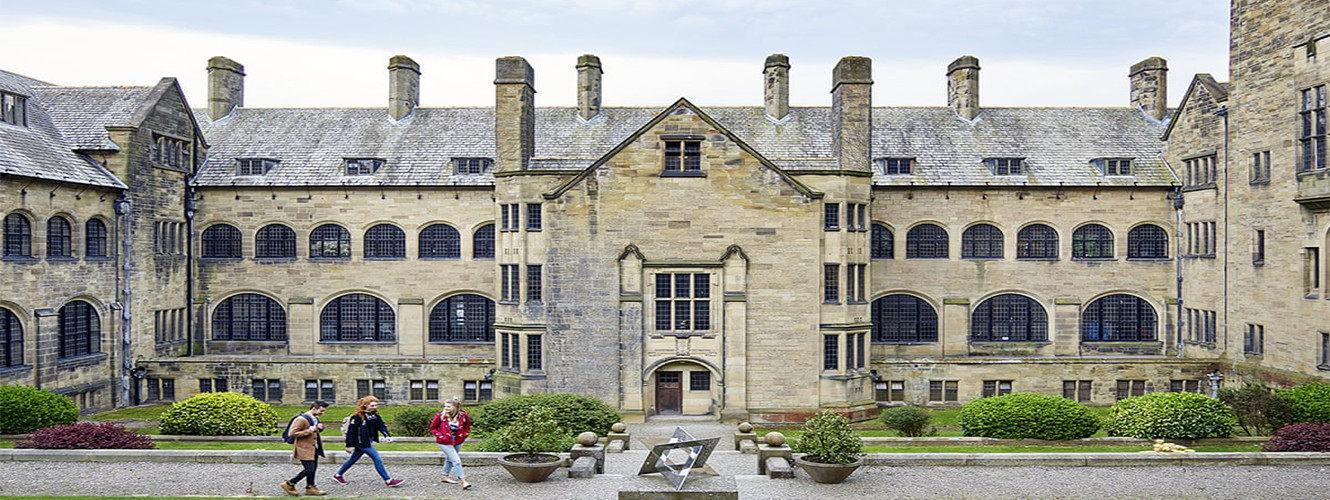UK120 BSc Accounting and Finance Bangor University
-
THÔNG TIN CHUNG
Accounting has been defined as the measurement and disclosure of financial information that is used by managers, investors and others to make decisions about the allocation of resources within organisations.
Accounting is much more than just the mechanical manipulation of financial data to produce company accounts. The methods for preparing accounting information must be applied with judgement, and with an understanding of the purposes for which the information will be used. A wide range of decision makers need to understand the key principles which underpin a cost or profit figure produced by an accountant.
By studying for a degree in Accounting and Finance, you will acquire skills that are central to the management of organisations, for measuring performance and maintaining the cash flows that are essential for the prosperity of any private company or public sector organisation.
Our programme is accredited by all the major accountancy bodies (e.g. ACCA, CIMA, ICAEW, CPA Australia, CIPFA) providing graduates with exemptions from many of these bodies’ core examinations. This is a huge advantage, as the exemptions will reduce the number of exams you need to sit and pass, allowing you more time to focus on developing your career.
Bangor is now an exam centre for The Chartered Institute for Securities & Investment, one of the world’s largest professional bodies for the financial sector. Our BSc Accounting & Finance, Banking & Finance or Financial Economics students can now take the L3 Introduction to Investment qualification at Bangor and gain Student Membership of CISI. International students may take the International Introduction to Investment, which focuses on global financial markets.
Placement Year
This course is available as a 4-year ‘with Placement Year’ option. Please apply for Accounting and Finance (with Placement) BSc NN4P. Find out more about 'with Placement Year' courses here.
The placement year provides you with a fantastic opportunity to broaden your horizons and develop valuable skills and contacts through working with a self-sourced organisation relevant to your degree subject. The Placement Year is undertaken at the end of the second year and students are away for the whole of the academic year. The minimum period in placement (at one or more locations) is seven calendar months; more usually you would spend 10-12 months with a placement provider. You would normally start sometime in the period June to September of your second year and finish between June and September the following year. Placements can be UK-based or overseas and you will work with staff to plan and finalise the placement arrangements.
You will be expected to find and arrange a suitable placement to complement your degree, and will be fully supported throughout by a dedicated member of staff at your academic School and the University’s Skills and Employability Services.
-
CƠ HỘI NGHỀ NGHIỆP
Internships
Bangor University runs a paid internship scheme within the university’s academic and service departments.
Career
Many graduates from Bangor Business School pursue careers in areas such as accountancy, banking, investment, insurance, risk management, marketing, human resource management and retail management.
- ĐIỀU KIỆN ĐẦU VÀO
- ĐIỀU KIỆN NGÔN NGỮ
- HỌC BỔNG
- ĐỊA ĐIỂM
Tóm tắt
-
Phí ghi danh
0
-
Độ dài khoá học
3 năm
-
Kỳ nhập học
Tháng 9
Phí Cơ Bản
-
Loại Tiền
-
Học Phí
Trên năm -
Phí Sinh Hoạt
Trên năm -
Tổng






